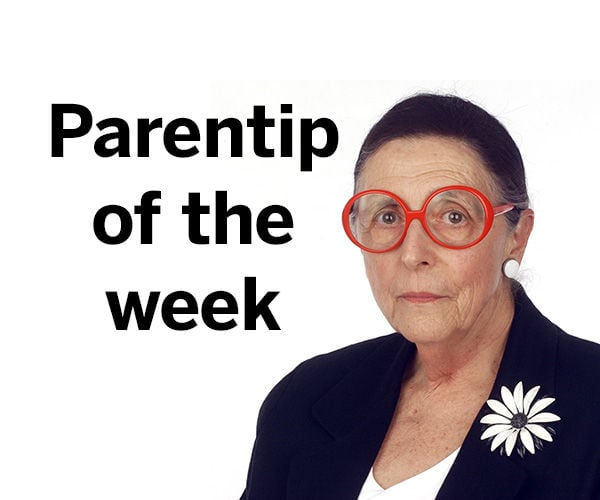“My son is 6 and in first grade. We have raised him without any TV. As a family we read together, hike and have projects like a raised garden. There was no problem in preschool and kindergarten, but now the boys won’t play with him because all the play is based on video games my son knows nothing about. They tease him because he doesn’t know what the characters are supposed to do. We don’t know what we are supposed to do either. How can he find HIS people — sensitive, nerdy kids who like sports and books and music and art? “
Disclaimer: I have never played a video game in my life but I do follow the pediatric literature. The American Academy of Pediatrics just updated its policy on media use in children age 5 through 18. Media today refers to both broadcast media like TV and movies and interactive media including social media and video games.
Current media use in kids is astoundingly high. Three out of four teenagers own a smartphone and use at least one social-media site. Video games are extremely popular with boys: four out of five households report having a device to play them. Nintey-one percent of boys have access to a game device and 84 percent play online or on a smartphone.
I greatly admire your decision to raise your son in a TV-free environment. Your first task is to stand your ground. Hold on to your values as a family.
However, because you have given your son such a good start in life (he understands the joy of a family that does constructive things together, he already can read and hike and garden) you can modify your stance a tiny bit.
Why should you? Because your son’s world is different from what we both might wish but it is his world and he needs to know about it.
Years ago an anti-junk food mother said her kindergarten daughter cried because the girls teased her for not knowing what McDonalds was. My answer was, “Like it or not, McDonald’s is part of your daughter’s culture. Take a ‘field trip’ there for a meal. You can and should continue to push healthy eating. But an occasional burger won’t hurt her and in 10-plus years your daughter will be at college eating what she wants to.”
Help your son maintain healthy habits and values but also help him learn about the culture he lives in. Maybe you and your son can do a research project together to find out what video games are and why they are so popular (hint: they are very profitable).
Explain that the games are noisy and move frenetically, which is not so great for the brain. They are usually violent and your family objects to violence.
Discuss why your family wants him to find better ways to spend his time. Tell him, “This is who we are and this is how we live.”
But go on to tell him you also want him to make friends at school and together you will figure out how he can do that. Start by telling the teacher what you told me to see if the school has any suggestions about the teasing. Ask the teacher if there are other children not as fixated on these games that your son might play with. You could also ask one of the teasing kids on a play date to tell your son about these games. It won’t hurt your son to know about video games, and even play them with a friend once in a while, provided he still does his own things. Just as I told the mother who was so passionate about avoiding junk food, when your son goes off to college he will be making his own decisions.
Pop culture is a part of our world and, sadly, stuff promoted to kids is cleverly designed to “hook” them. Our goal as parents is to teach our children about both the healthy good things and also the unhealthy bad things in the world so we can teach them how to make good choices.
By the way, the young man who keeps my computer running told me that not all video games are violent. He added that there are books you can read with your son that are based on certain games like the ‘Star Wars’ series.
Whenever there is a friendship issue, parents should listen to their child but should not jump in to “fix it.” Say you understand how he feels and you are sorry. Tell him about how you were treated in a similar way when you were little. It’s OK to make this up or elaborate a bit. Tell him this happens to a lot of kids and you know he will figure out how to make friends.
Gently work on social skills at home like eye contact and confidence. Role-play to deal with teasing (“I never heard of him, who is he?” or “You know about all this stuff, can you teach me?”).
Look around for other like-minded families to be an informal support group. Try to find “sensitive, nerdy kids” by asking your neighbors or local churches. Enroll your son in sports, art, and music activities to meet like-minded kids.
PS — Media use, especially in preschoolers, is not innocuous. My next column will cover both its risks and benefits.





